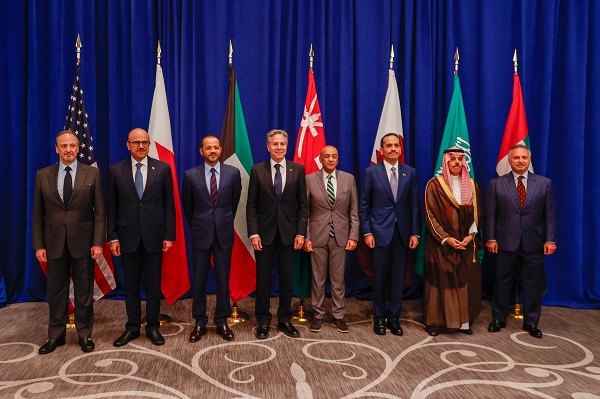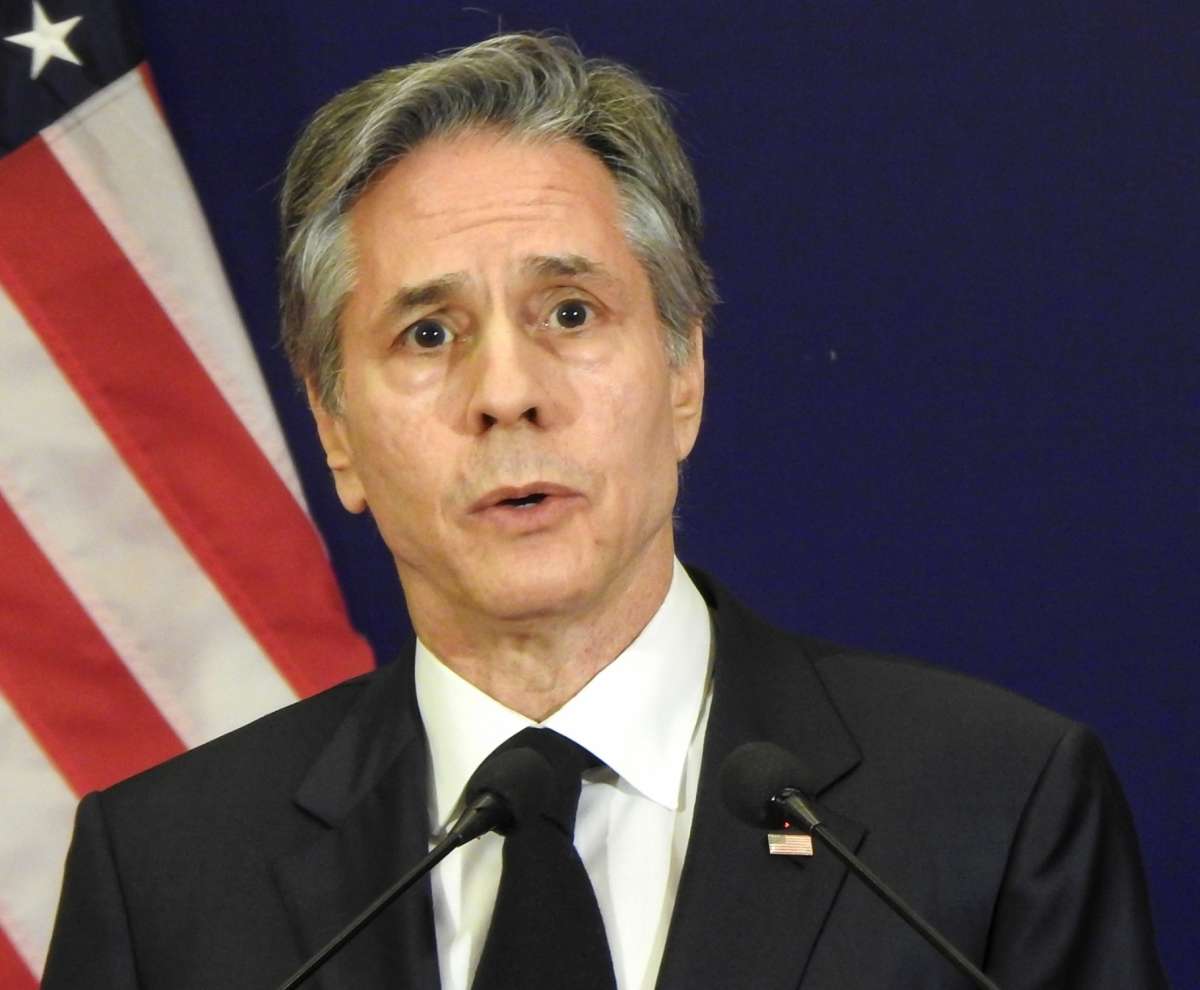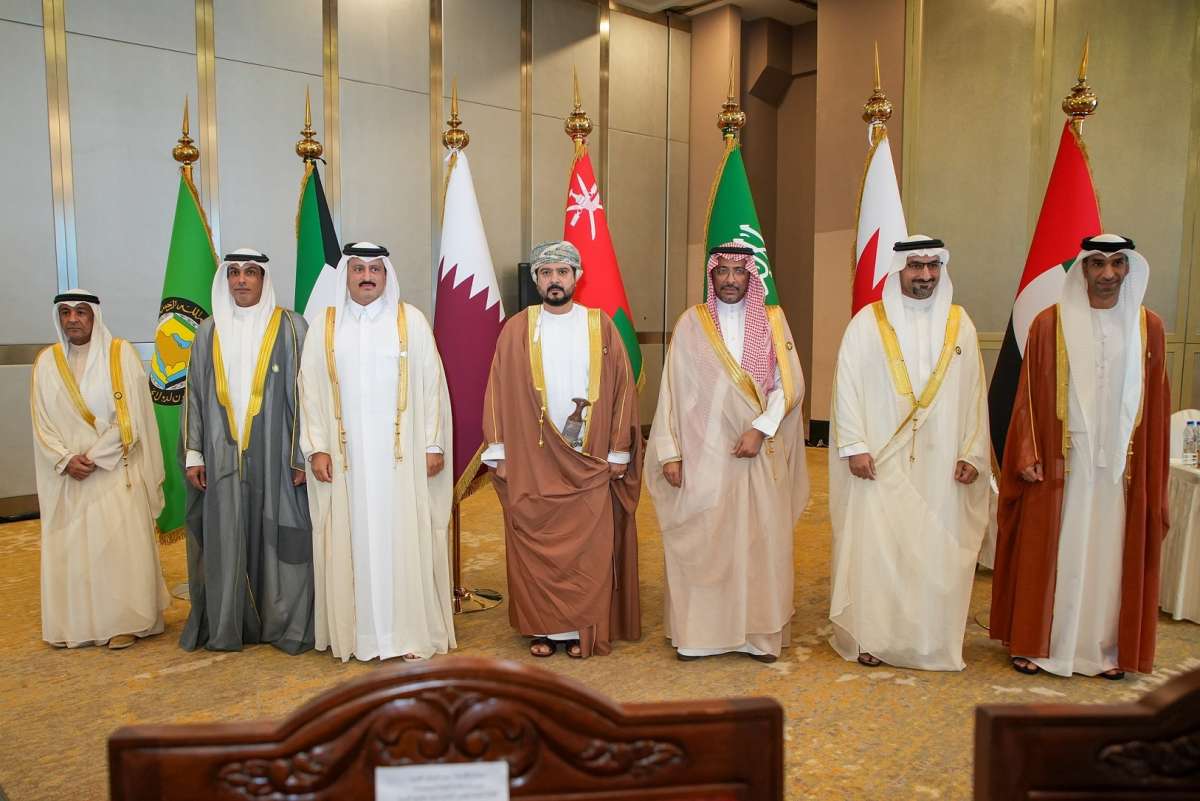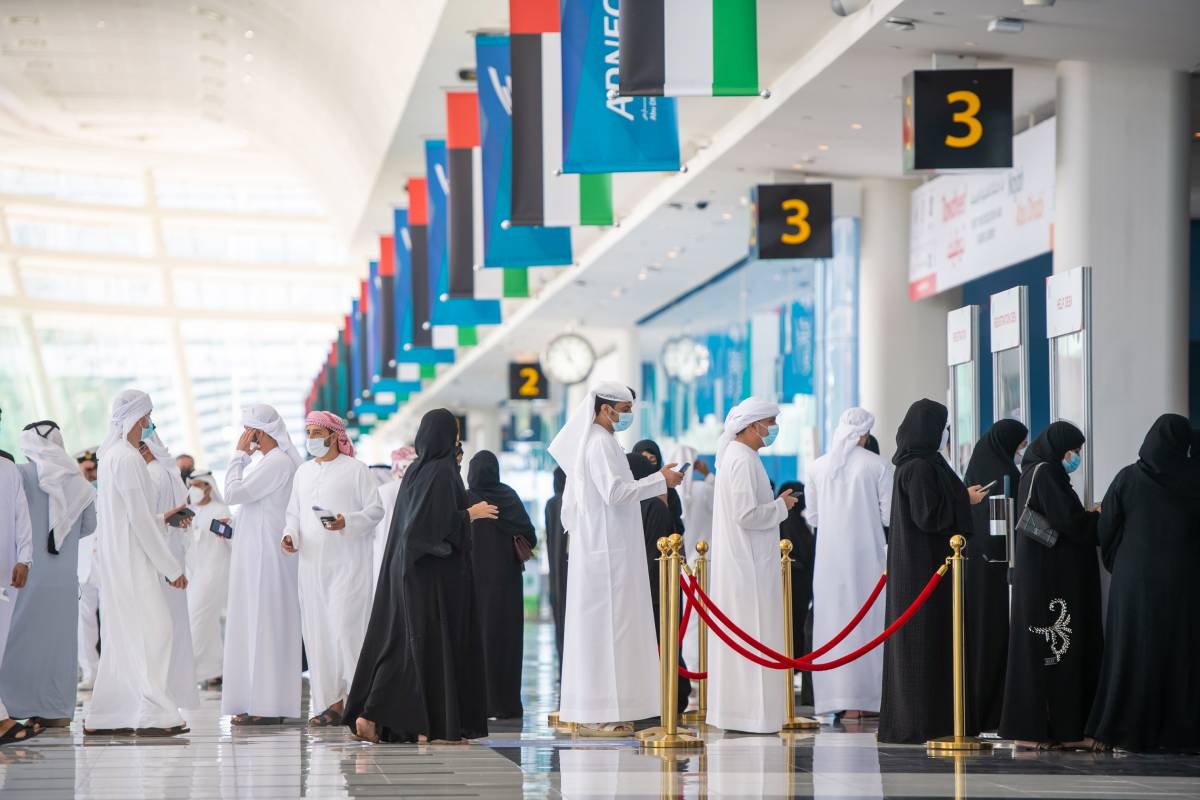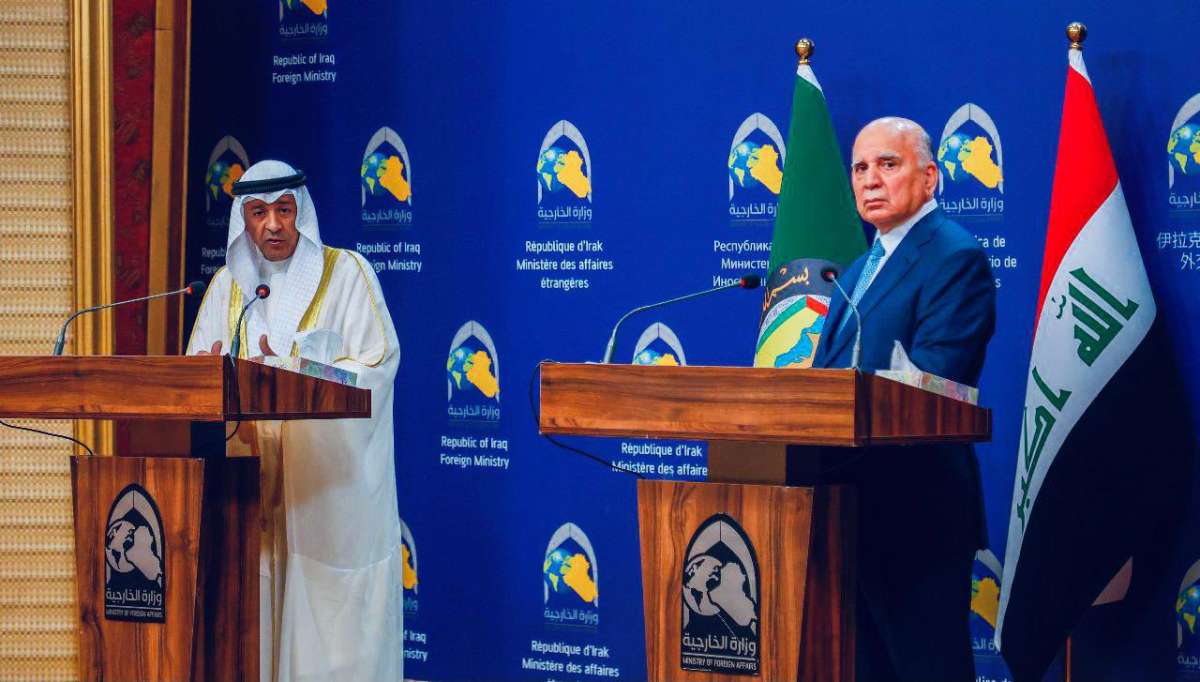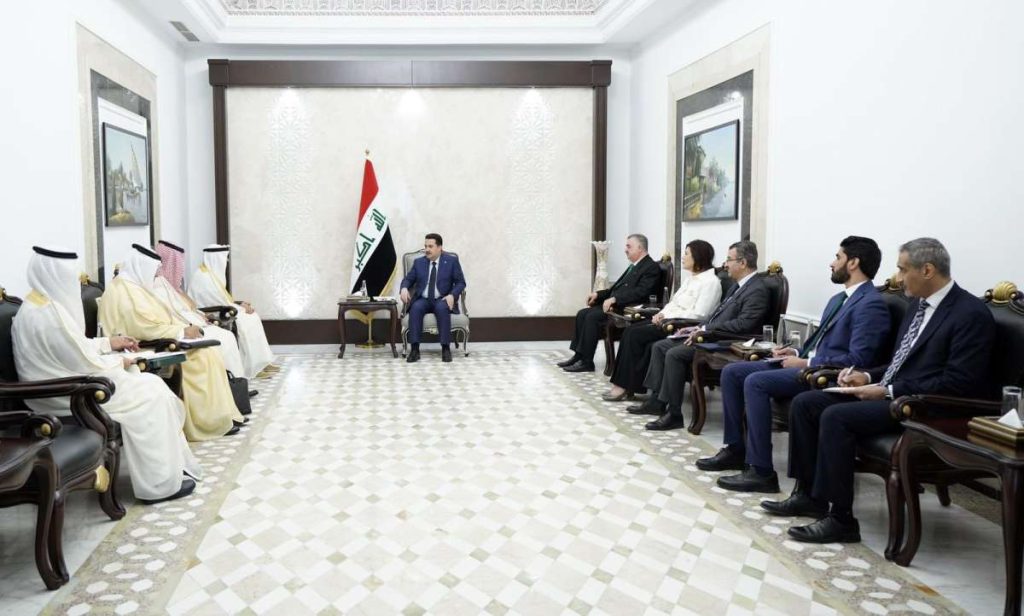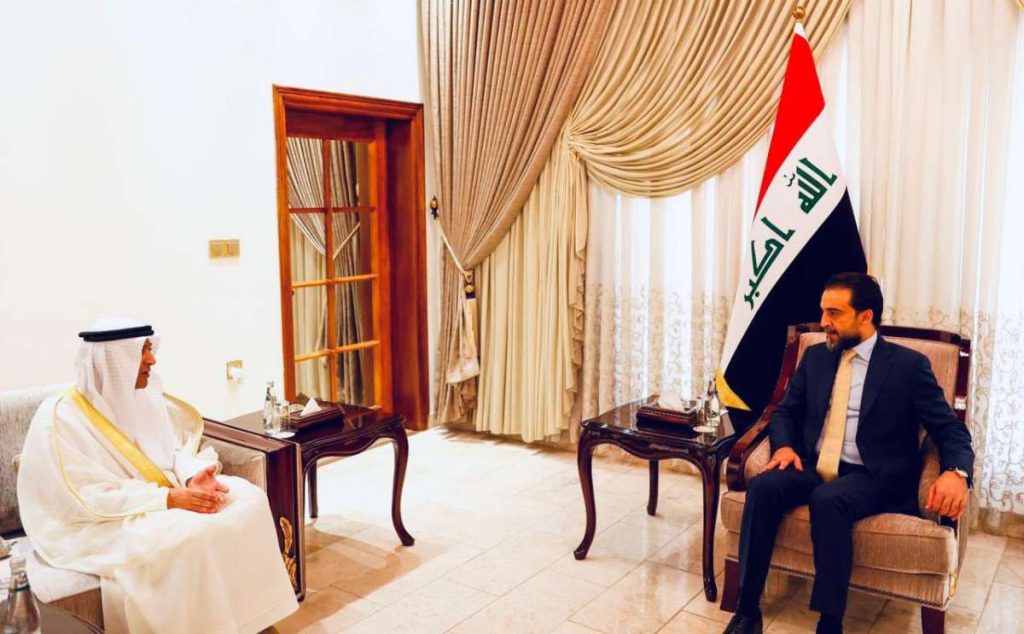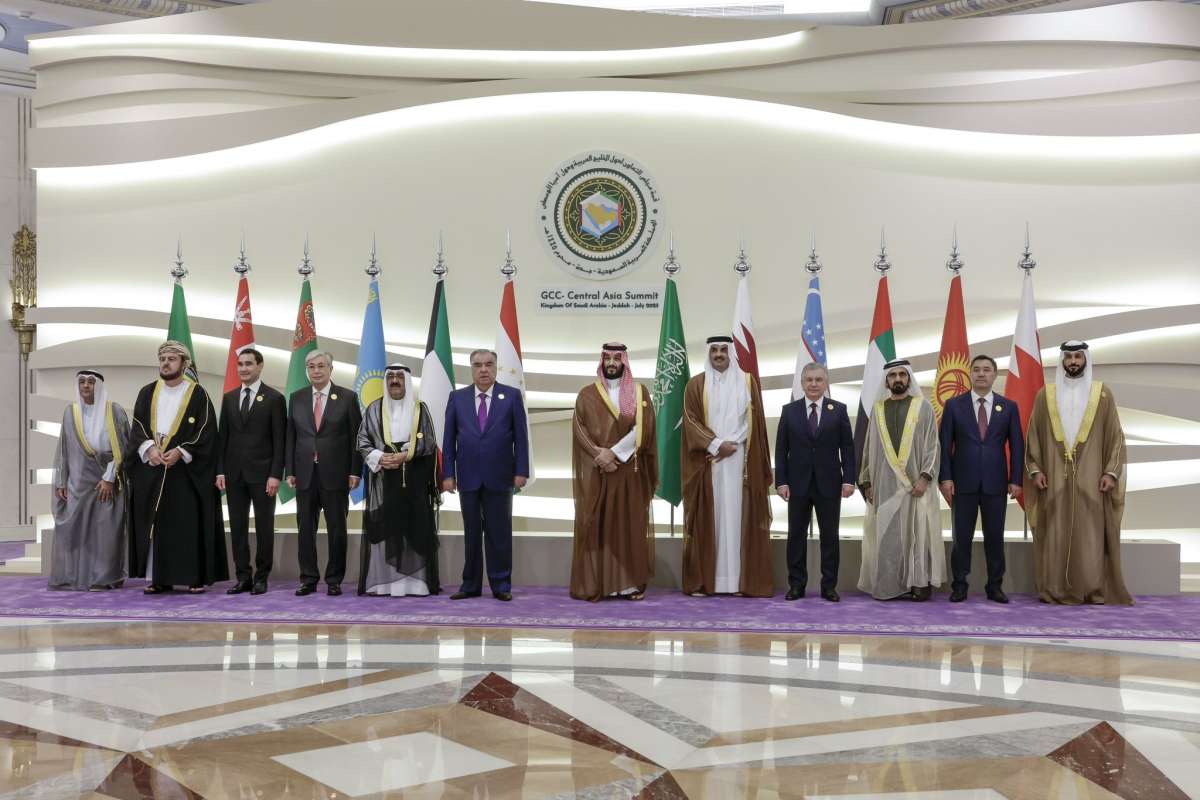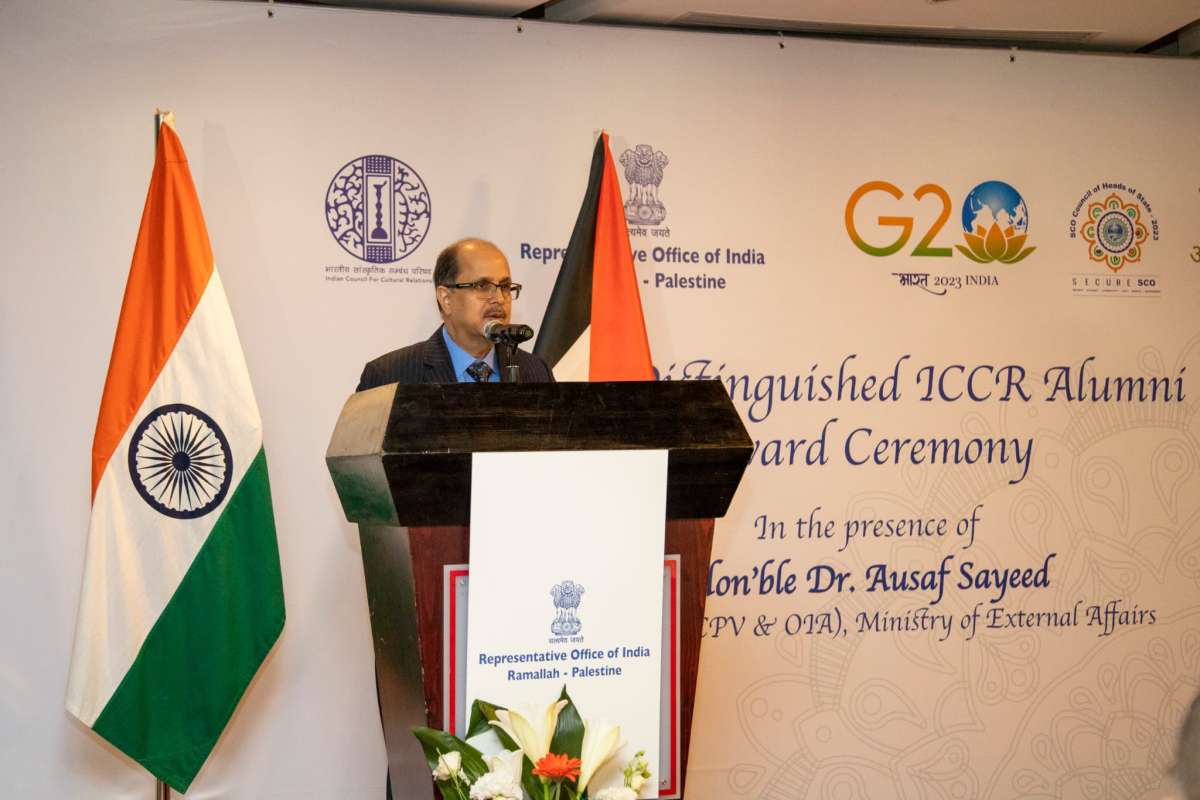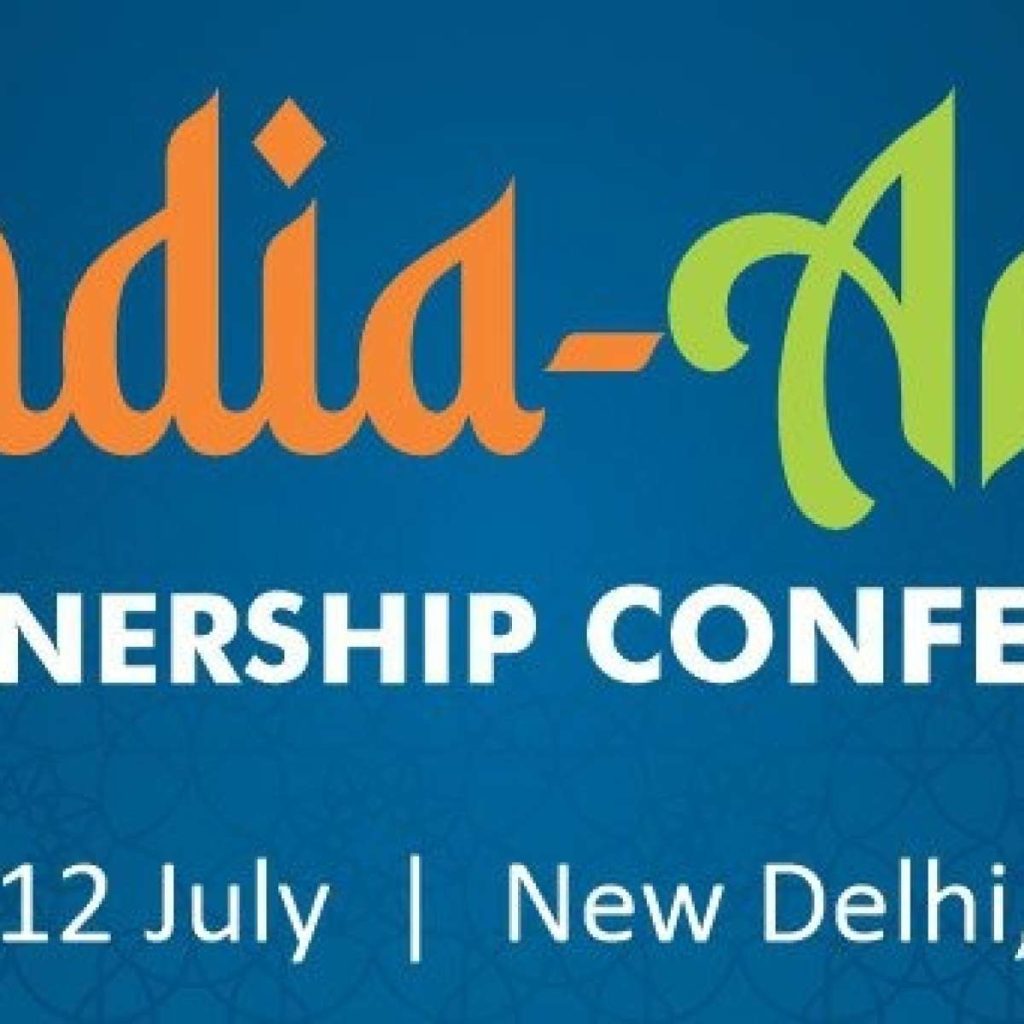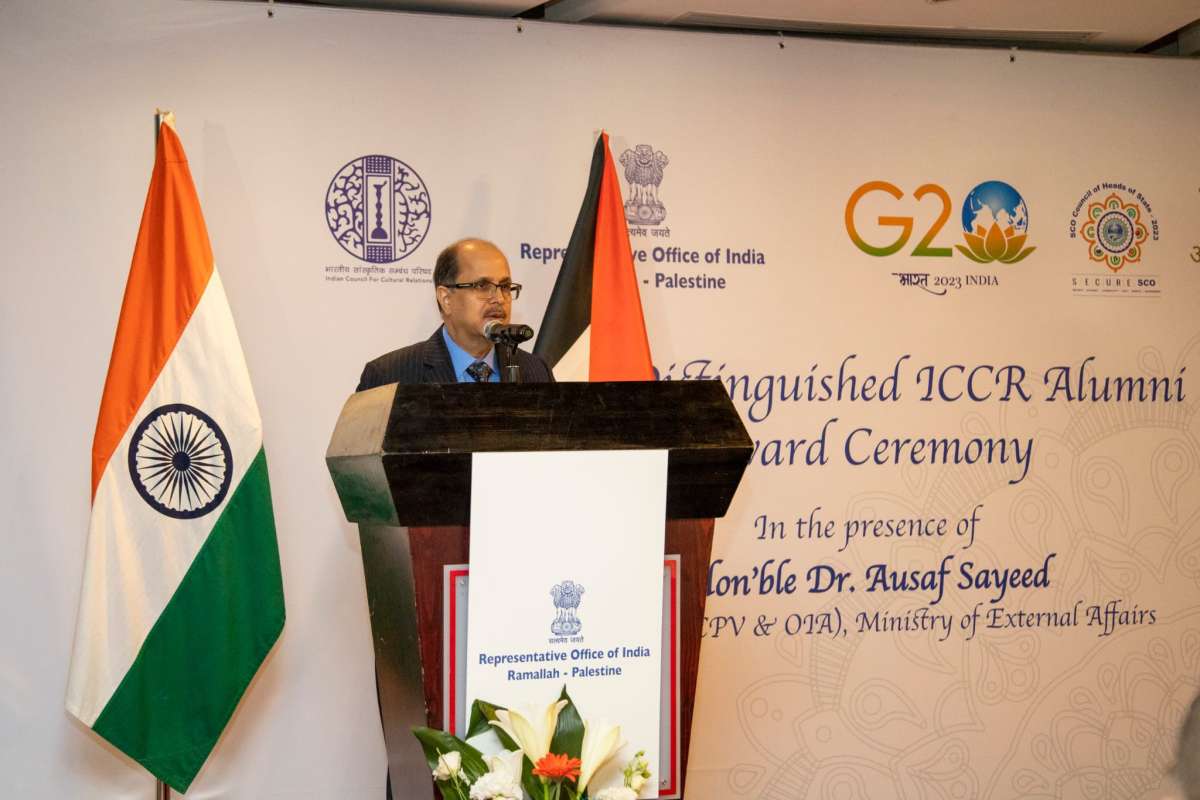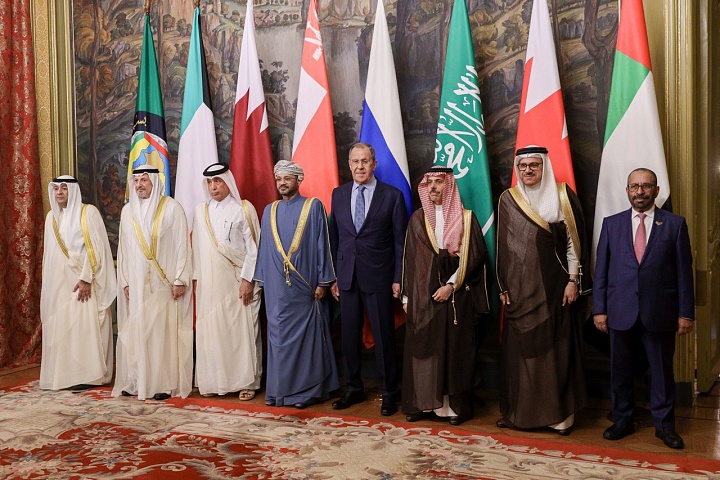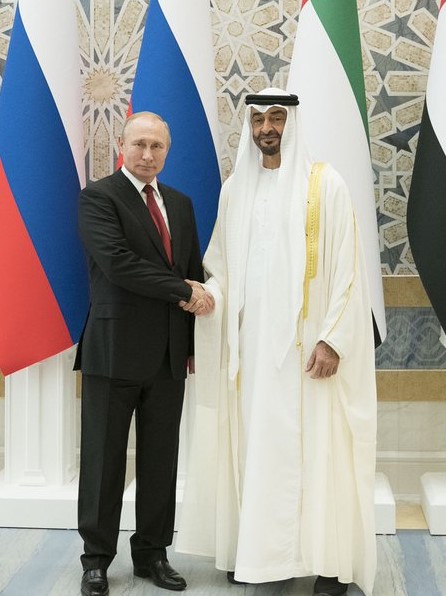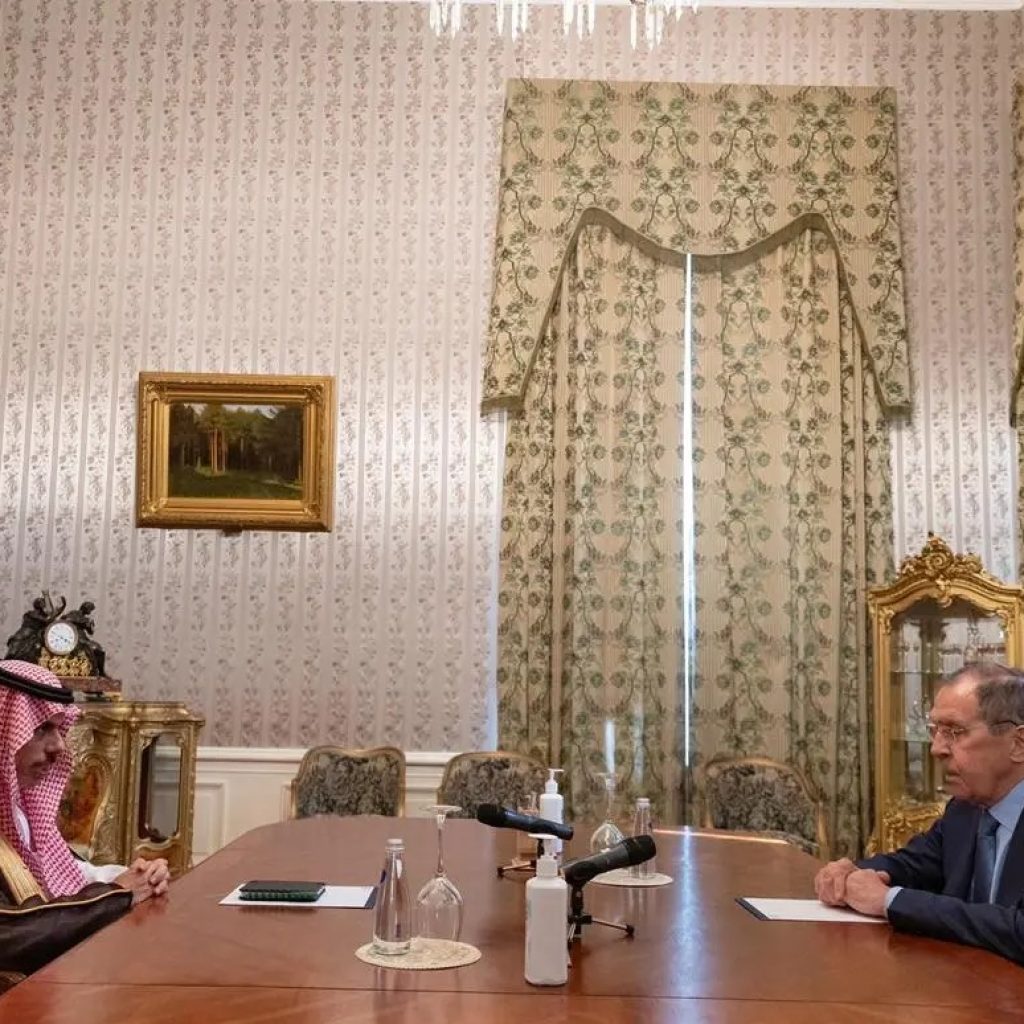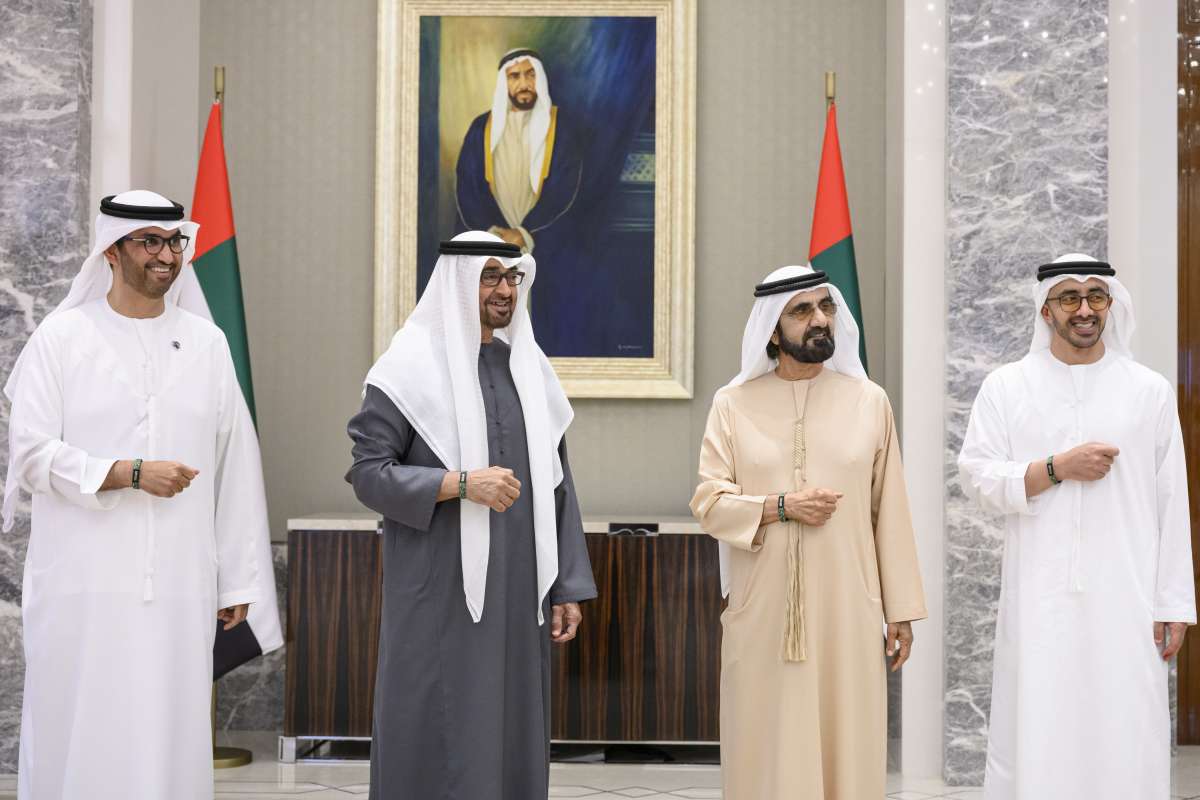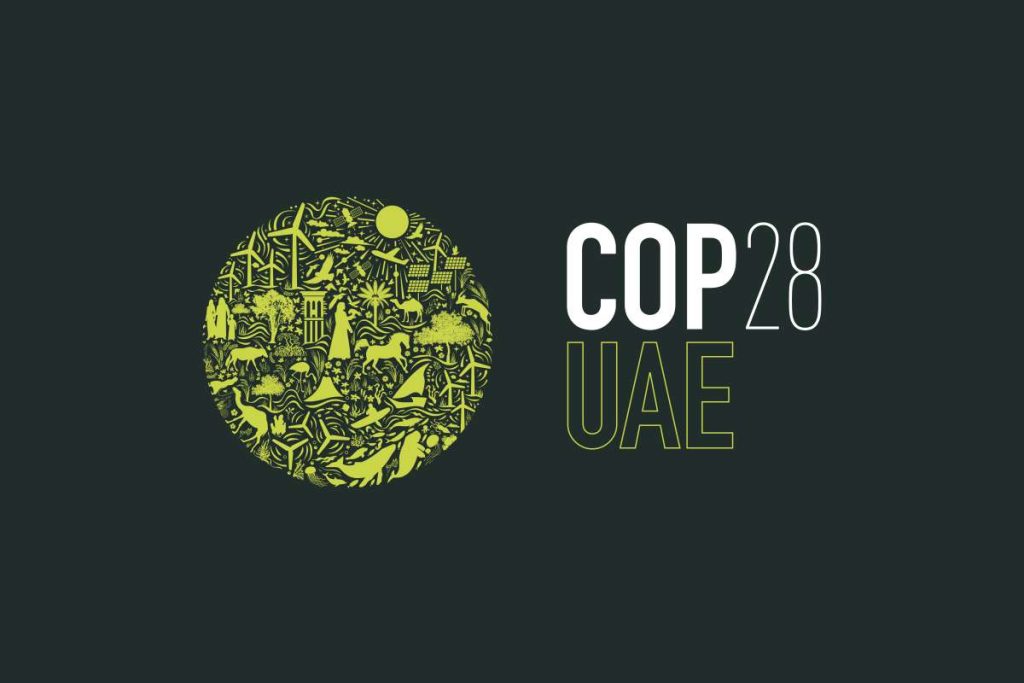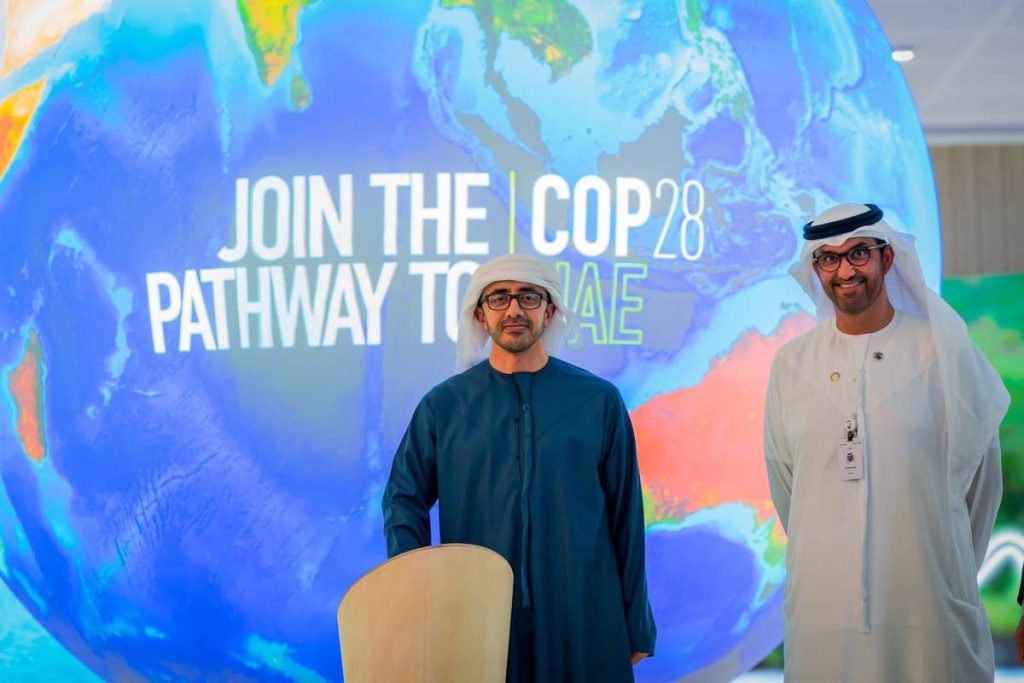The GCC Ministers and the US have underscored their support for the Treaty on the Non-Proliferation of Nuclear Weapons and renewed their call for Iran to fully cooperate with the International Atomic Energy Agency…reports Asian Lite News
The United States and the Gulf Cooperation Council (GCC) have welcomed diplomatic engagement by Saudi Arabia and other GCC states with Iran to pursue regional de-escalation and emphasized the importance of adherence to international law, including the UN Charter, by states of the region.
The US Secretary of State Antony Blinken, Foreign Ministers of the Gulf Cooperation Council member states, and the GCC Secretary General Jasem Albudaiwi met in New York on Monday.
They celebrated the strategic importance of the historic ties among the countries, as per a joint statement following the ministerial meeting of the United States and the Gulf Cooperation Council (GCC) released by the US Department of State.
During the meeting, the Ministers underscored shared commitment to build upon the achievements of previous ministerial meetings, including the most recent ministerial meeting in Riyadh on June 7, 2023, to strengthen consultation, coordination, and cooperation in all fields.
They reaffirmed their commitment to ensuring freedom of navigation and maritime security in the region and their illegal determination to deter actions at sea or elsewhere that might threaten shipping lanes, international trade, and oil installations in the GCC states.
The Ministers underscored their support for the Treaty on the Non-Proliferation of Nuclear Weapons and renewed their call for Iran to fully cooperate with the International Atomic Energy Agency.
They once again called on Iran to cease its proliferation of unmanned aerial vehicles and other dangerous weapons that pose a grave security threat to the region, as per the release by the US State Department.
Iran barred multiple International IAEA’s inspectors assigned to oversee Tehran’s atomic activities in a move described by the U.N. nuclear watchdog chief, Rafael Grossi, as “disproportionate and unprecedented.”
The GCC and the United States reiterated their commitment to work together to deter and address threats to sovereignty and territorial integrity and other destabilizing activities.
The Ministers reiterated their support for the United Arab Emirates’ call to reach a peaceful solution to the dispute over the three islands, Greater Tunb, Lesser Tunb, and Abu Musa, through bilateral negotiations or the International Court of Justice, in accordance with the rules of international law including the UN Charter.
Iran Seeks Lifting of Sanctions
Iranian President Ebrahim Raisi on Tuesday demanded an end to US sanctions against the clerical state, after a halt in talks on restoring a nuclear deal.
“These sanctions have not yielded the desired results. It is time now for the United States to bring a cessation to its wrong path and choose the right side,” he told the UN General Assembly.
Meanwhile, US President Joe Biden has ordered the unfreezing of Iran’s $6 billion of oil revenue in an effort to thaw the icy relations between the two countries over the nuclear issue even as a prisoner swap was negotiated successfully, some of them were on a plane back to US.
The President’s deal comes ahead of a UN meeting here where Biden and Iran’s hardliner president will both speak, unfolding as it does, against a backdrop of nuclear tensions between the two countries.
Five Americans imprisoned in Iran were on a plane Monday along with two family members after being released in a prisoner exchange the Biden administration negotiated with Tehran, media reports said.
As part of the deal, $6 billion in frozen Iranian oil revenues was released by the Biden administration and five Iranians charged or convicted of non-violent crimes were freed by the US, according to US officials.
The exchange is in no way tied to the stalled nuclear talks between the US and Iran, but does come as a move to defuse the increasing tensions that periodically threaten a military confrontation.
ALSO READ-US releases $6bn of Iran’s oil revenues ahead of UN meet

